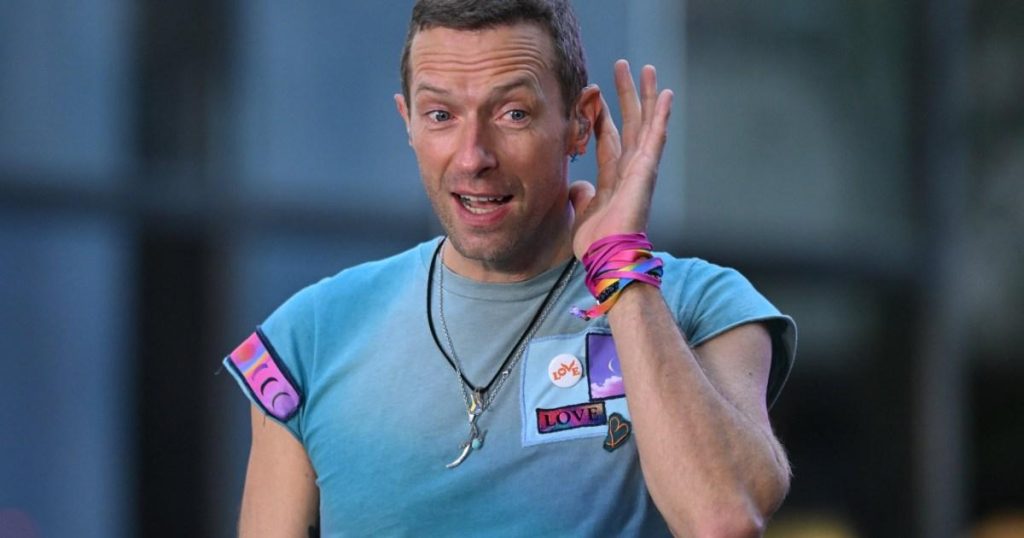The Dark Web’s Melody Thief: A Deep Dive into the Skylar Dalziel Music Piracy Case
The digital age has revolutionized music consumption, making it readily accessible at our fingertips. However, this ease of access has also opened doors for illicit activities, including music piracy, which poses a significant threat to the creative industry. The case of Skylar Dalziel, a 22-year-old resident of the United Kingdom, exemplifies the complexities and consequences of modern music piracy on the dark web. Dalziel’s illegal activities, which involved stealing and selling unreleased music from renowned artists, highlight the vulnerability of artists’ intellectual property in the digital realm and the challenges in combating this form of cybercrime.
Dalziel’s operation, spanning from April 2021 to January 2023, involved infiltrating cloud storage accounts belonging to prominent musicians such as Coldplay, Shawn Mendes, Bebe Rexha, Melanie Martinez, and Upsahl. Through these unauthorized breaches, she amassed a staggering collection of approximately 290,000 tracks, many of which were unreleased and therefore highly sought after by music enthusiasts. This digital treasure trove became the foundation of her illicit business, enabling her to peddle these stolen melodies on the dark web, a hidden part of the internet known for its anonymity and illegal activities.
The financial gains from Dalziel’s criminal enterprise were substantial, totaling an estimated £42,000 (approximately $53,000 USD). To further obfuscate her activities and potentially evade detection, she transferred the proceeds to various bank accounts located in the United States. This international element added another layer of complexity to the investigation, requiring collaboration between British law enforcement and the US Department of Homeland Security to unravel the full extent of the operation and identify any accomplices who may have benefited from the stolen music sales.
Dalziel’s illegal activities eventually caught the attention of authorities, leading to her arrest and subsequent legal proceedings. She faced a total of thirteen charges, encompassing nine counts of copyright infringement and four counts related to computer misuse. In Luton Crown Court, she pleaded guilty to all charges, acknowledging her responsibility for the crimes committed. The court handed down a 21-month prison sentence, suspended for two years, meaning she would avoid jail time unless she violated the terms of her probation. In addition to the suspended sentence, she was also ordered to perform 180 hours of unpaid community service.
The Dalziel case underscores the serious repercussions of music piracy, not only for the artists whose work is stolen but also for the broader music industry. Richard Partridge of the Crown Prosecution Service emphasized the detrimental impact of such actions, stating that Dalziel demonstrated a "complete disregard for the musician’s creativity and hard work." He highlighted the potential financial losses incurred by artists due to lost revenue from unreleased music being prematurely leaked and sold. Furthermore, he pointed to the negative effects on record companies and their employees, who invest significant resources in producing and promoting music.
The investigation into Dalziel’s activities revealed a potential international network of collaborators. Detective Constable Daryl Fryatt of the City of London Police’s Intellectual Property Crime Unit noted the belief that Dalziel was working with individuals overseas, underscoring the global reach of online music piracy. The authorities are actively pursuing leads to identify these international connections and hold them accountable for their involvement in the scheme. This international aspect adds to the complexity of combating music piracy in the digital age, requiring cross-border cooperation and information sharing among law enforcement agencies.
The Dalziel case serves as a stark reminder of the challenges in protecting intellectual property in the digital age. The ease with which digital music can be copied and distributed online makes it a prime target for piracy. The dark web, with its anonymity and relative lack of regulation, provides a fertile ground for individuals like Dalziel to operate and profit from stolen content. Law enforcement agencies are continually developing strategies to combat this type of cybercrime, but the ever-evolving nature of technology and the anonymity afforded by the dark web present ongoing challenges.
The music industry, in response to the persistent threat of piracy, has implemented various measures to protect artists’ work. These include digital rights management (DRM) technologies, which aim to restrict unauthorized copying and distribution of music files. However, these technologies have often been criticized for their intrusiveness and limitations on legitimate users. Furthermore, sophisticated pirates often find ways to circumvent these protections, rendering them less effective than intended.
The fight against music piracy requires a multi-faceted approach involving collaboration between artists, record labels, technology companies, and law enforcement agencies. Educating the public about the negative consequences of piracy, both for artists and the music industry as a whole, is also crucial. By fostering a culture of respect for intellectual property and supporting legal channels for accessing music, we can help create a more sustainable and equitable environment for artists and the music industry to thrive. The Dalziel case serves as a valuable lesson in the ongoing battle against music piracy, highlighting the need for constant vigilance and adaptation in the face of ever-evolving technological challenges. The pursuit of justice in this case continues, with ongoing investigations aiming to uncover the full extent of the operation and hold all those involved accountable for their actions.




